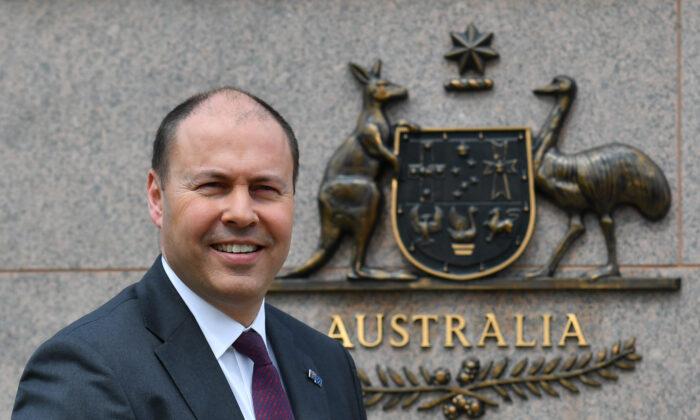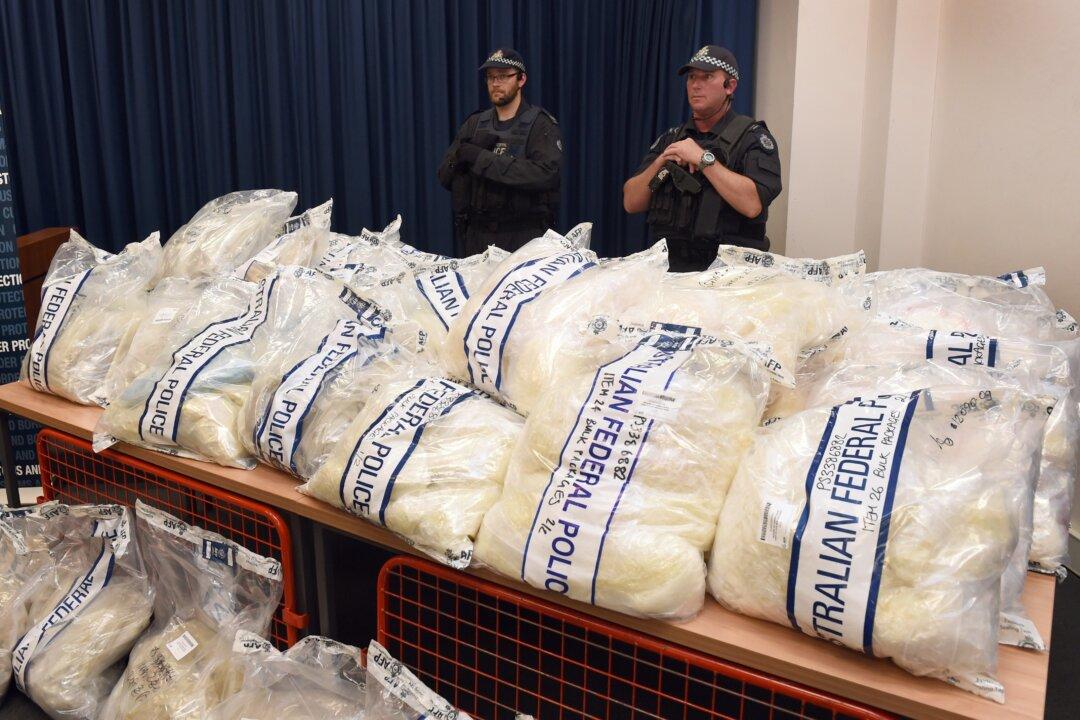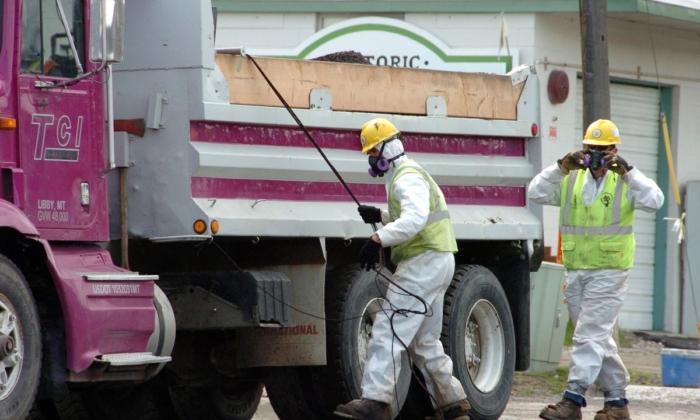Treasurer Josh Frydenberg has told the retail banks to pass on the Reserve Bank’s cut in the cash rate, to a record low of 0.1 per cent, to customers.
As widely flagged by economists, the central bank cut the cash rate and other key rates to a record low 0.1 per cent from 0.25 per cent at its monthly board meeting on Tuesday.
It was the first reduction since March, and the first time in nine years the RBA has chosen Melbourne Cup Day to cut rates.
Frydenberg said the RBA’s action complements his government’s support during the pandemic and last month’s tax-cutting budget.
The reduction in the cost of borrowing is good news for households and small business, he said.
“It’s my expectation that the banks will now look for ways to pass on those rate cuts,” Frydenberg told reporters.
“Pass it on to small businesses and pass it on to mortgage holders.”
If the cash rate cut is passed on in full by the banks, the average monthly saving could be about $33 a month on a $400,000 loan for an owner-occupier paying principal and interest.
The RBA also reduced its three-year bond yield target rate and term funding facility rate for banks to 0.1 per cent.
The central bank is also extending its bond-buying program to five-10 year issues to keep financing cost lows and the Australian dollar in check, adding further complexity to its monetary policy actions in a low-interest rate environment.
RBA governor Philip Lowe made a rare media appearance after the board meeting to explain the board’s actions.
“The board views addressing the high rate of unemployment as a national priority and it wants to do what it can to support job creation,” he told reporters.
He again ruled out negative interest rates as a future option, but said it was certainly possible to increase the size of bond purchases.
“If we need to do more, we can and we will,” he said.
Shadow treasurer Jim Chalmers said these are the most drastic steps that the Reserve Bank has been forced to take.
“It’s a vote of no confidence in the Morrison government’s handling of this recession and their handling of the budget,” Dr Chalmers told reporters.
But Mr Frydenberg rejected the suggestion.
“If Jim Chalmers was a horse he would be running in a group three and coming last and he would be put out to pasture,” he said.
KPMG chief economist Brendan Rynne said the impact of the cash rate reduction is likely to be minimal from a borrowing cost perspective.
“But it does reinforce the point made by Governor Lowe that the RBA will use every tool at its disposal to assist in achieving economic growth and pushing the nation back towards full employment,” Rynne said.
Prior to the meeting, the ANZ-Roy Morgan consumer confidence index rose for a ninth straight week, increasing 0.2 per cent to 99.9 points, its highest level since March and when the coronavirus pandemic struck.
Consumer confidence is a pointer to future household spending.
However, the latest overall weekly reading disguised a concerning shift with the sub-index for “current financial conditions” falling by more than six per cent.
This was the biggest weekly decline since the extreme weakness in March.
“This may be a sign that the cutbacks in the JobKeeper and JobSeeker payments are starting to be felt,” ANZ head of Australian economics David Plank said.






Friends Read Free